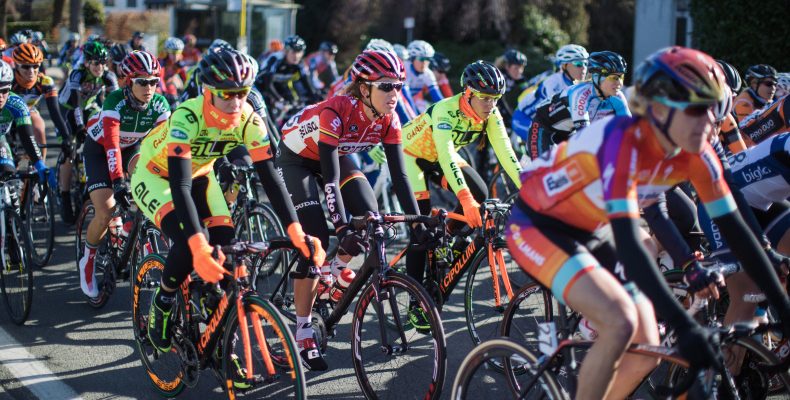Supported by Supersapiens
What’s new?
- A New Consensus Statement on Relative Energy Deficiency in Sport
In September 2023, the Journal of the British Association of Sport and Exercise Medicine published an issue which focused on Relative Energy Deficiency in Sport (REDs). This included a new International Olympic Committee Consensus Statement on REDs, as well as other practical guidance and applications of knowledge for athletes, teams and organisations.
What is REDs?
A syndrome of impaired physiological and/or psychological functioning experienced by female and male athletes that is caused by exposure to problematic Low Energy Availability (LEA).
What is Low Energy Availability?
LEA is defined as any mismatch between dietary energy intake (EI) and energy expended in exercise that leaves the body’s total energy needs unmet, i.e., there is inadequate energy to support the functions required by the body to maintain optimal health and performance.[1] It becomes problematic when it is long-term and/or severe.
What’s the key message for cyclists?
If you don’t consume enough energy to meet the demands of your training, you risk negative long-term consequences for physical and mental health and performance.
In the sport of cycling, this is a high risk because athlete training requires a high level of energy expenditure and ‘hunger’ cues don’t always provide an adequate indicator for energy needs.
Where can I find out more ?
· You can take a look and read some articles for free here on the Journal of the British Association of Sport and Exercise Medicine website: https://bjsm.bmj.com/content/57/17
· You can also log into the members’ section and watch one of our webinars with sports dietician Judith Haudum.
- Upcoming webinars
Vulvar and perineal health for female cyclists presented by Luci Olewinski MD
In the past, female riders have not always been encouraged to speak about discomfort on the saddle. More recently, more research is being done on the impact of cycling and saddles on pain, numbness, and sexual health in female cyclists, but there is still a gap in the knowledge about the impact and experiences of female elite and professional cyclists.
Luci Olewinski, MD, a doctor and medical researcher associated with USA Cycling and the University of Tennessee Graduate School of Medicine, Knoxville, is conducting research to shine a light on this topic for female elite and professional cyclists.
In November 2023, Dr Olewinksi will deliver an informative webinar for TCA members on this topic, along with an explanation of her research and an invitation to participate in a survey. Stay tuned for more information about this and other Duty of Care webinars!
And in case you didn’t know…. What is the Duty of Care Framework?
In October 2021, Supersapiens partnered with The Cyclists’ Alliance to help promote the physical and mental health and well-being of female professional athletes. This project is called the Duty of Care Framework and is run directly by TCA. It provides a range of education, resources and support to professional riders to improve their overall knowledge on health issues.
The pursuit of an elite endurance sports career often finds athletes pushing the boundaries of what is ‘healthy’ and optimal for well-being. Education is one of the most important ways in which we can support athletes and stakeholders to have a more balanced approach which doesn’t compromise their long-term health. TCA members can access online resources, webinars, and nutritional advice via the members’ only section of the website.
The webinar and Duty of Care pages of the member section include presentations and webinars on the following topics:
· Nutrition for (stage) races and recovery
· Returning to training after testing positive for COVID-19
· Relative Energy Deficiency in Sport (REDs)
· Exercise Induced Arterial Endofibrosis
· The menstrual cycle
[1] Mountjoy M, Sundgot-Borgen J, Burke L, et al. The IOC consensus statement: beyond the female athlete triad-relative energy deficiency in sport (RED-S). Br J Sports Med 2014;48:491–7.

